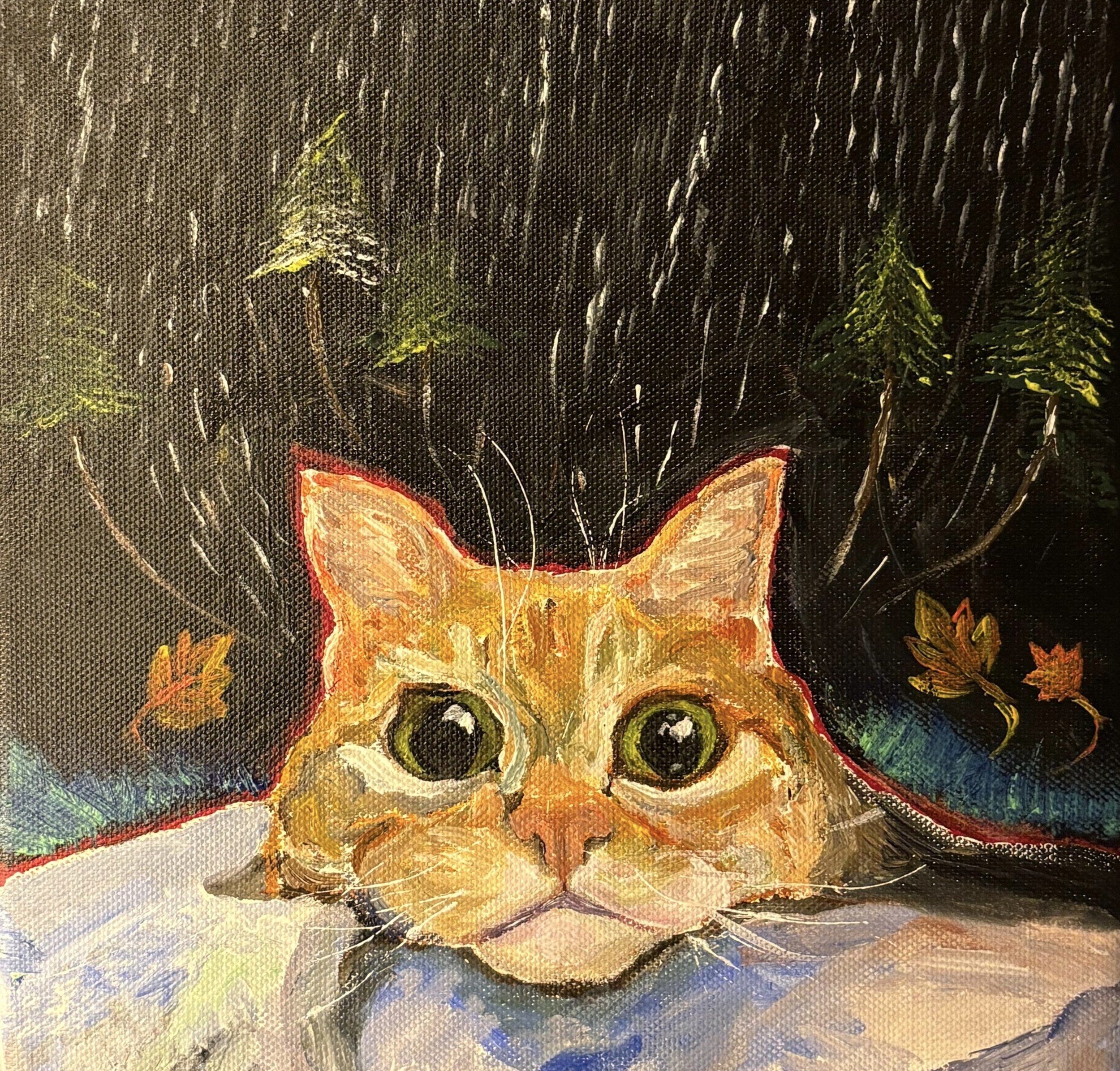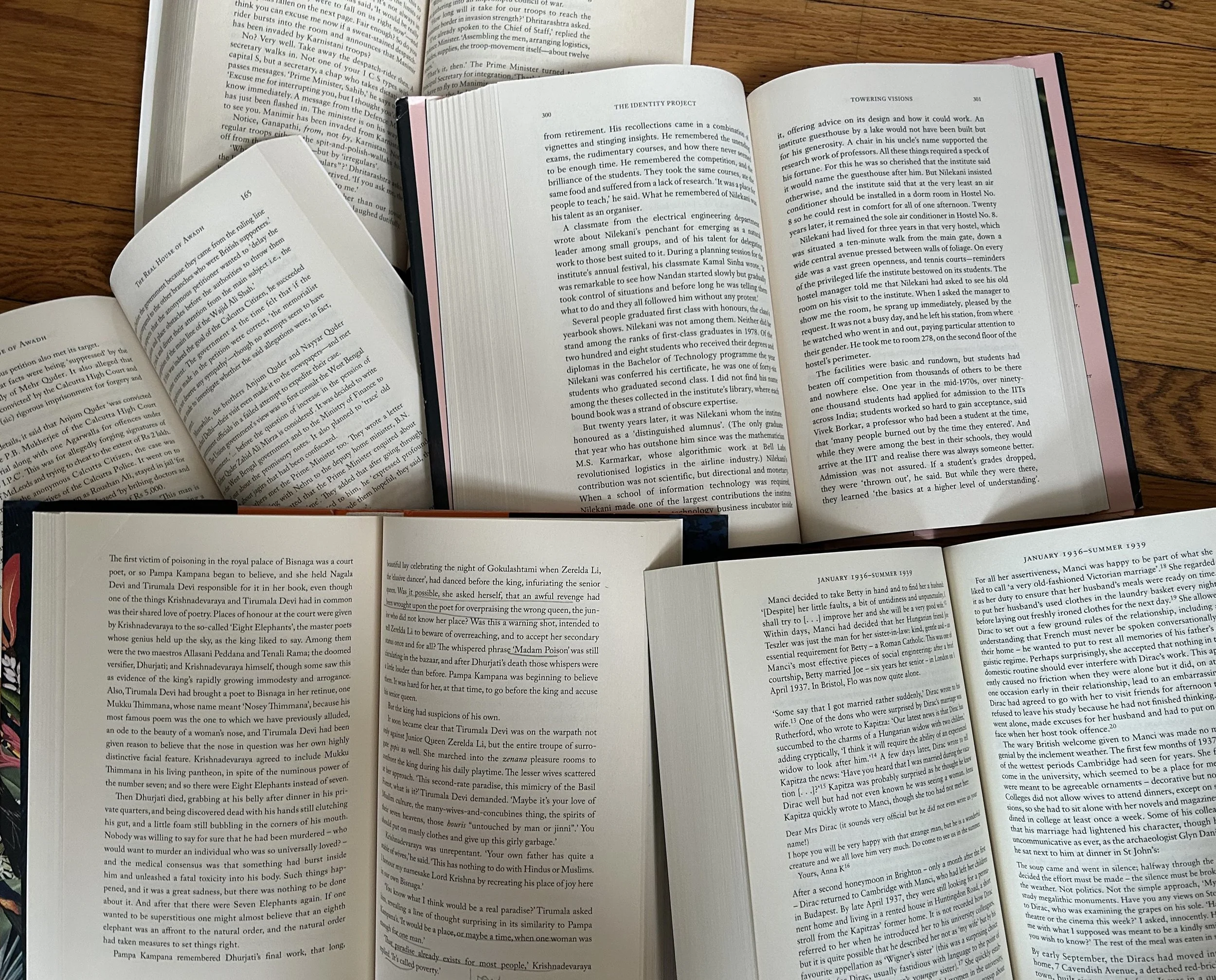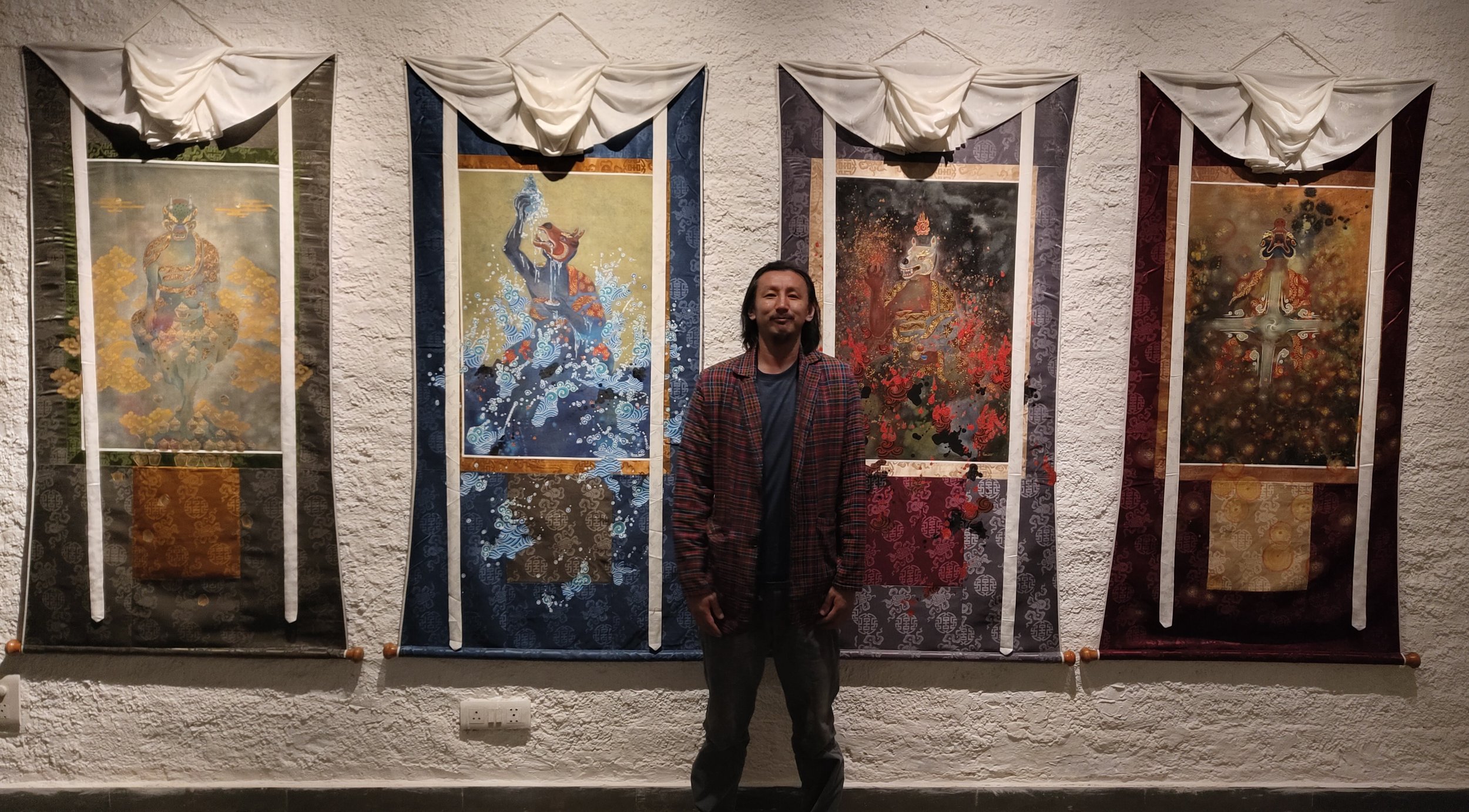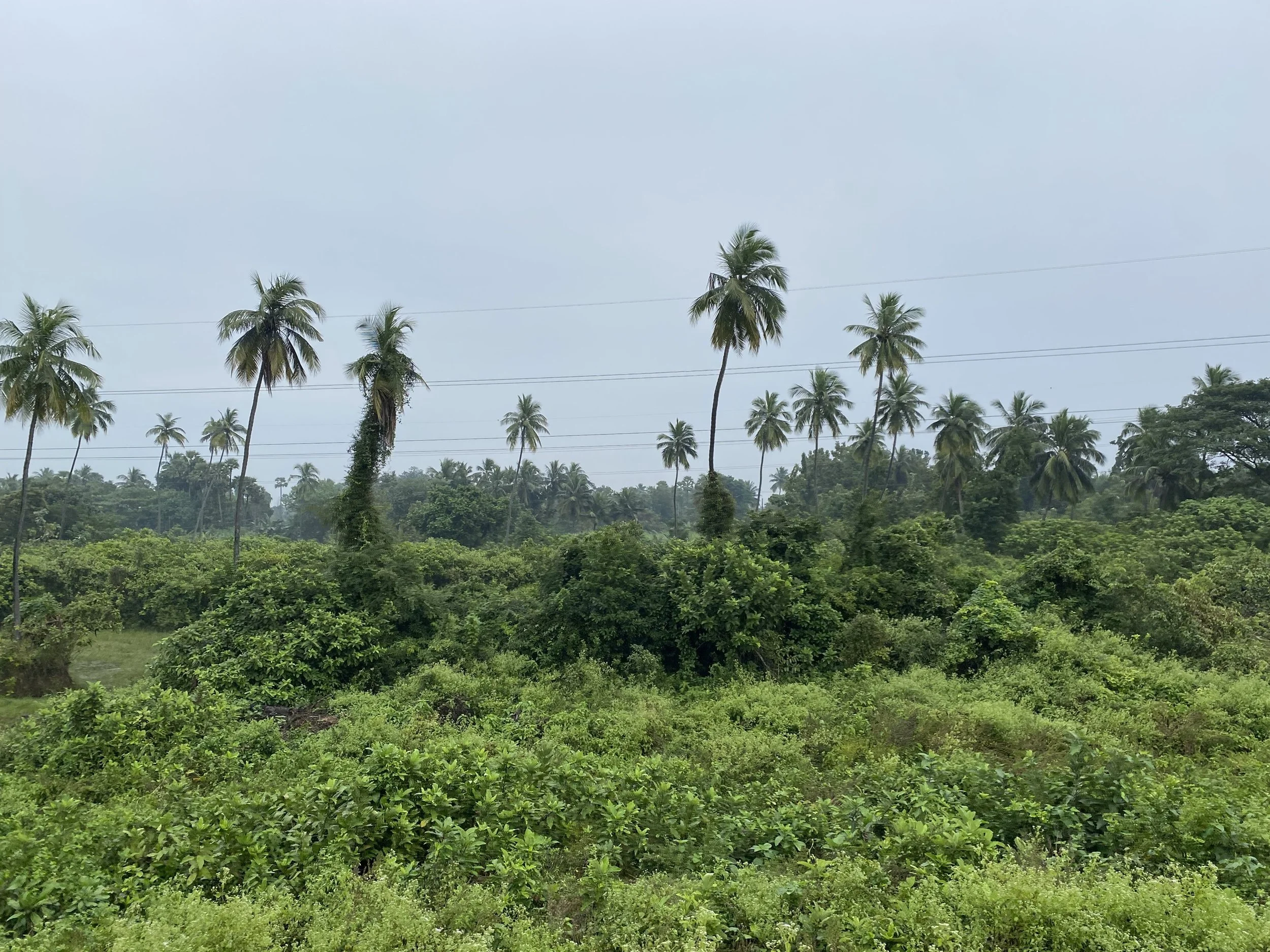The Storm and the Storyteller: Arundhati Roy’s MOTHER MARY COMES TO ME
Through her memoir, Arundhati Roy revisits the foundry where her courage was forged, to the mother who didn’t prepare her for success, but inadvertently trained her to withstand both adoration and hatred to determine her survival. By Amritesh Mukherjee
A Sensitive and Essential Partition Story—for Children
The picture book Roop and the River Crossing (2025)—written by Samina Mishra and illustrated by Shivam Choudhary—gently nudges its readers to reflect upon the ideas of home, belongingness, displacement, and what it means to be uprooted as one steps into the unknown. By Navtoj Khosla
A Manual for Memory: The Poetry of Meena Kandasamy
Meena Kandasamy’s collection Tomorrow Someone Will Arrest You is poetry as resistance literature, where aesthetic beauty and political activism merge to challenge a nation’s conscience. By Amritesh Mukherjee
Poetry as Ritual Magic: Rajorshi Patranabis’s GOSSIPS OF OUR SURROGATE STORY
Poetry is a prayerful medium to explore complex, living concepts. Just as fruit falls from the bough to decay within earth and feed the tree, Rajorshi Patranabis’s presents the ritual of cyclical love and devotion in his new collection. By Dustin Pickering
Burrow of the Mind: A response to Amit Shankar Saha’s poetry in ETESIAN::BARAHMASI
‘Your book felt like the scent of passing months, layered with flowers, rain, spring and autumn—a scent that reached into the city’s deep burrows.’ By Sufia Khatoon
Heer, Ranjha, and Haroon Khalid’s Infinite Story of Love
Haroon Khalid’s 2024 novel From Waris to Heer (Penguin) is an answer to the refrain of timeless stories—a tale of love and loss, power and rebellion, retold with the lilt of a Sufi melody. By Amritesh Mukherjee
BLASPHEAR by Sohail Rauf: Religion, Fear, and the Cost of Silence
Set against a backdrop of religious abuse and suffocating intolerance, Sohali Rauf’s Blasphear is a sharp commentary on the ideas of nationhood, and how its intangible forces act as blind shepherds, leading the masses down paths they cannot question. By Amritesh Mukherjee
Gopal Lahiri’s Poetry of Motion
The ecopoems in Gopal Lahiri’s Anemone Morning delve into a kind of exploratory myth that engages readers with creative potential, stressing that there could be no division between who we are and where we are. By Dustin Pickering
A ‘Spicy’ Feast of Fantasy
Prashanth Srivatsa’s The Spice Gate as a spectacular debut fantasy, a feast to the readers who slurp on worldbuilding, while also making them wonder if a freer world is possible. By Akankshya Abismruta
“I surrendered to the chaos”: An Interview with Tashan Mehta, author of MAD SISTERS OF ESI
“I was chasing this desire to pin down the inexplicable when I wrote Mad Sisters, but acknowledge that it is inexplicable. It sort-of grew in the novel, intwining with the cosmos and the idea of the sublime, and how the interpersonal is the tether that keeps us sane—and perhaps caged.” By Akankshya Abismruta
Celestial Broadcasts
Sanket Mhatre poems in A City Full of Sirens address and interrogate the relations between ‘the eternal’ and ‘the transient’ in a nuanced manner, tearing into the expansive multiplicities of singular moments. By Ankush Banerjee
In the Unifying Language of Verse
Published in India’s 75th year of Independence, Converse: Contemporary English Poetry by Indians (2022) presents unique and diverse voices from the diaspora, with poems that are a sustained discussion with history, oneself, the environment, myth, science, and relationships. By Dustin Pickering















